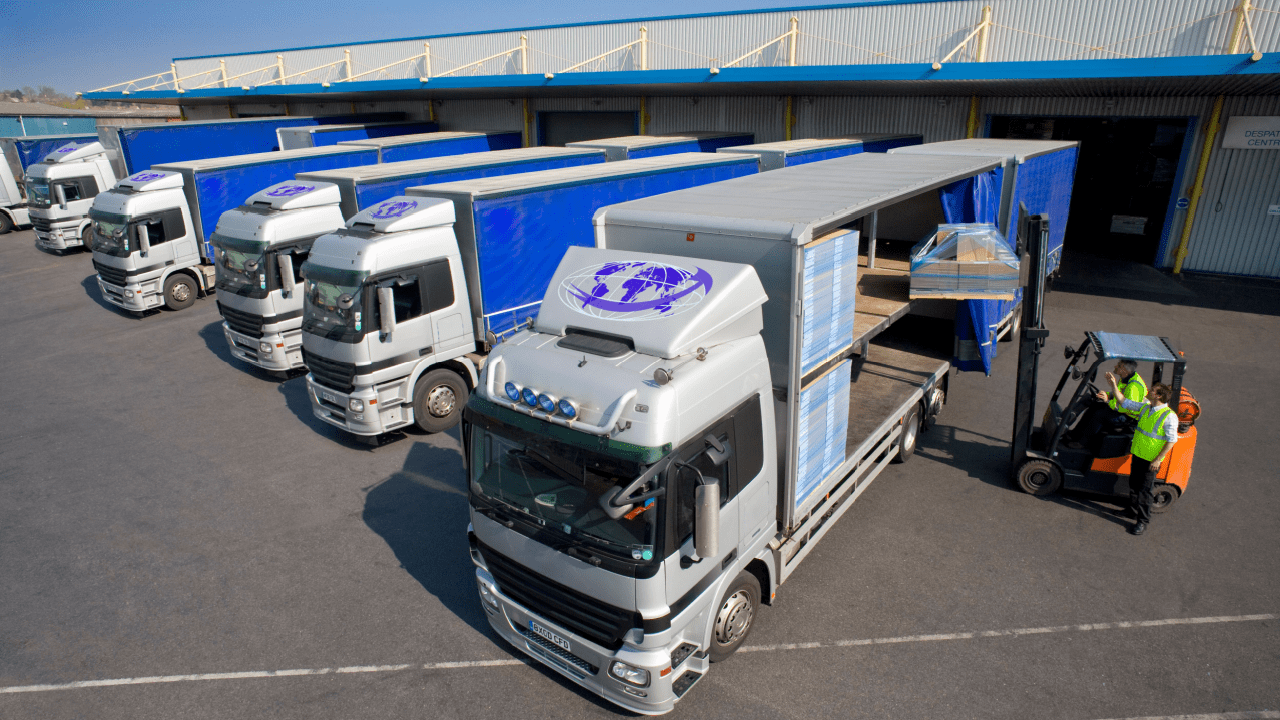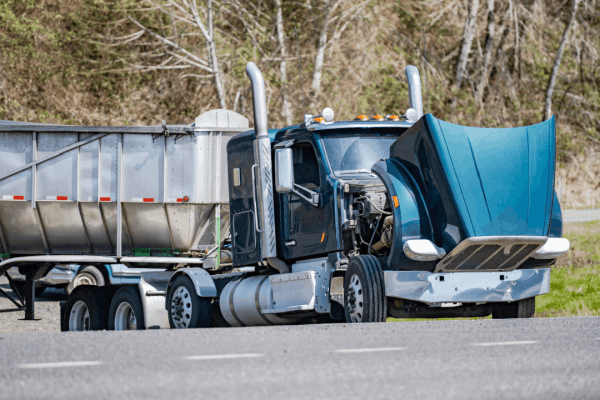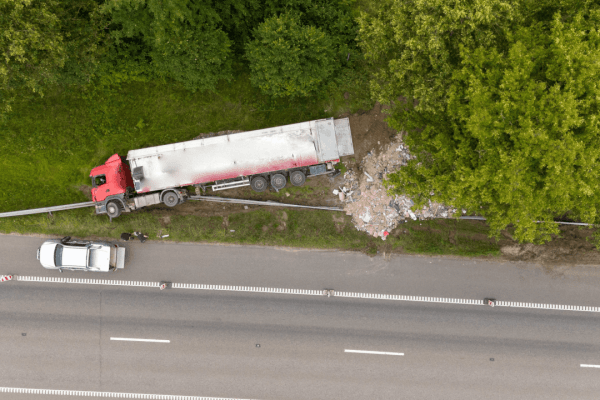
How to File a Lawsuit Against a Trucking Company: Complete Legal Guide
How to File a Lawsuit Against a Trucking Company Successfully
Learning how to file a lawsuit against a trucking company requires understanding specific legal procedures and regulations that govern the transportation industry. Truck accidents often result in severe injuries and significant property damage due to the massive size and weight of commercial vehicles. When negligence causes these accidents, victims have the right to pursue legal action against trucking companies to recover compensation for their losses.
Trucking companies operate under strict federal regulations, making these cases more complex than typical car accident claims. The process involves multiple parties, including drivers, trucking companies, insurance providers, and potentially cargo owners. Understanding your rights and the legal framework is essential for building a strong case.
Understanding Legal Grounds for Trucking Company Lawsuits
Before you file a lawsuit against a trucking company, you must establish valid legal grounds. Common reasons include driver negligence, inadequate vehicle maintenance, violation of federal safety regulations, improper cargo loading, and hiring unqualified drivers. Trucking companies are responsible for ensuring their drivers follow Hours of Service regulations, which limit driving time to prevent fatigue-related accidents.
Federal Motor Carrier Safety Administration (FMCSA) regulations require trucking companies to maintain detailed records of driver qualifications, vehicle inspections, and maintenance schedules. These records become crucial evidence when you file a lawsuit against a trucking company. Companies that fail to comply with these regulations face increased liability in accident cases.
Proving negligence requires demonstrating that the trucking company or driver breached their duty of care, causing your injuries. This might involve showing that drivers exceeded speed limits, drove while fatigued, or operated vehicles with known mechanical problems.
Step-by-Step Process to File Your Lawsuit
The first step when you decide to file a lawsuit against a trucking company is gathering comprehensive evidence from the accident scene. This includes police reports, witness statements, photographs of vehicle damage, road conditions, and any available surveillance footage. Medical records documenting your injuries are equally important for establishing damages.
Next, identify all potentially liable parties. Besides the truck driver, you might sue the trucking company, vehicle manufacturer, cargo loading company, or maintenance provider. Each party may share responsibility for the accident, affecting your compensation strategy.
Hire an experienced truck accident attorney who understands federal transportation regulations and has successfully handled similar cases. Your lawyer will investigate the accident, obtain the truck’s electronic logging device (ELD) data, driver records, and company safety files. These documents often reveal violations that strengthen your case.
File your lawsuit within the statute of limitations, which varies by state but typically ranges from one to three years. Your attorney will prepare legal documents, serve the defendants, and begin the discovery process where both sides exchange evidence and information.
Maximizing Your Compensation When You File a Lawsuit Against a Trucking Company
When you file a lawsuit against a trucking company, understanding potential compensation types helps set realistic expectations. Economic damages include medical expenses, lost wages, property damage, and future healthcare costs. Non-economic damages cover pain and suffering, emotional distress, and loss of quality of life.
Trucking companies typically carry higher insurance coverage than individual drivers, which can affect the scope of available compensation in serious injury cases. This higher coverage means greater compensation potential for serious injuries. However, insurance companies employ teams of lawyers and investigators to minimize payouts, making legal representation crucial.
Your attorney will calculate damages based on injury severity, long-term medical needs, impact on earning capacity, and emotional trauma. Severe injuries like spinal cord damage, traumatic brain injuries, or permanent disabilities justify higher compensation amounts.
Your Next Steps for Filing a Trucking Company Lawsuit
Now that you understand how to file a lawsuit against a trucking company, time is critical for preserving evidence and protecting your rights. Trucking companies often dispatch investigation teams immediately after accidents to limit liability. Having legal representation levels the playing field and ensures proper evidence preservation.
If you’re looking for an attorney, TruckingAccidents can help connect you with qualified truck accident attorneys for a free consultation to evaluate your case. Most attorneys work on contingency fees, meaning you pay nothing unless they win your case. This arrangement allows access to experienced legal representation regardless of your financial situation.
Frequently Asked Questions
1. How long do I have to file a lawsuit against a trucking company?
The statute of limitations varies by state, typically ranging from one to three years from the accident date. Some states allow longer periods for cases involving wrongful death or severe injuries.
2. What evidence do I need when I file a lawsuit against a trucking company?
Essential evidence includes police reports, medical records, witness statements, photographs, truck maintenance records, driver logs, and electronic logging device data showing compliance with federal regulations.
3. Can I sue both the driver and trucking company?
Yes, you can typically sue both parties. Trucking companies are often liable for their employees’ actions under vicarious liability laws, while drivers may face individual responsibility for negligent behavior.
4. How much compensation can I receive from a trucking company lawsuit?
Compensation depends on injury severity, medical costs, lost income, and other damages. Truck accident settlements often exceed car accident claims due to higher insurance coverage and more severe injuries.
5. Do I need a lawyer to file a lawsuit against a trucking company?
While not legally required, trucking company lawsuits involve complex federal regulations and well-funded defendants with experienced legal teams. Having qualified legal representation significantly improves your chances of success.
Key Takeaways
- Trucking company lawsuits require proving negligence under federal transportation regulations and safety standards.
- Evidence collection must begin immediately after the accident to preserve crucial documentation and witness testimony.
- Multiple parties may share liability, including drivers, trucking companies, maintenance providers, and cargo loaders.
- Higher insurance coverage limits in trucking cases often result in larger compensation awards for injured victims.
- Experienced legal representation is essential due to complex regulations and well-funded defense teams employed by trucking companies.



